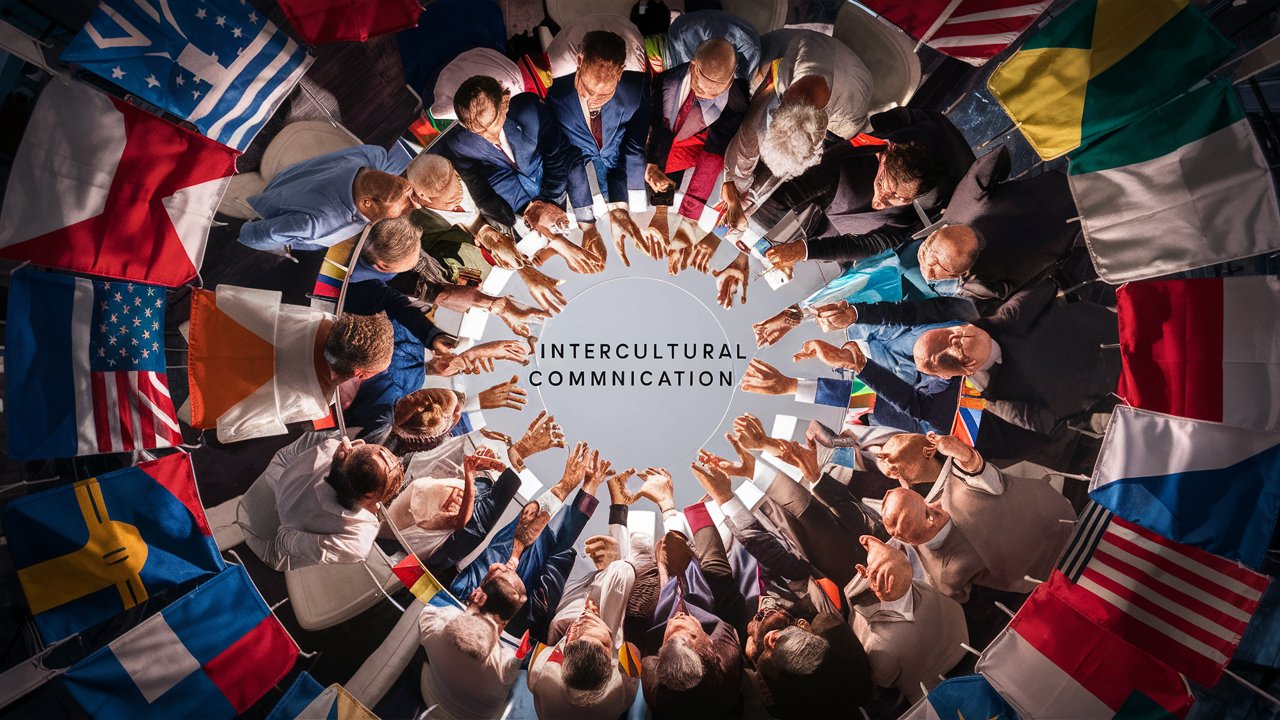9. Intercultural communication is panacea to avoid 3rd world war. 2021

Intercultural communication is panacea to avoid 3rd world war 2021
Introduction
Intercultural communication refers to the exchange of information, ideas, and beliefs between people from different cultural backgrounds. It is an essential component of effective global communication, as it allows people to understand and appreciate cultural differences, and to communicate in a way that is respectful and appropriate. In this essay, I will argue that intercultural communication can play a vital role in avoiding a potential third world war by promoting mutual understanding, reducing conflict, and fostering cooperation among nations.
The Importance of Intercultural Communication
Effective intercultural communication is essential for peaceful coexistence in today’s globalized world. With the increasing interconnectedness of nations, people from different cultural backgrounds are more likely to interact with each other, both personally and professionally. Misunderstandings and communication breakdowns can lead to conflict, which can escalate into violence and even war. Therefore, intercultural communication is critical in promoting mutual understanding, reducing conflict, and fostering cooperation among nations.
Promoting Mutual Understanding
Intercultural communication helps to promote mutual understanding between people from different cultures. By understanding each other’s customs, beliefs, and values, individuals can communicate in a way that is respectful and appropriate, thus avoiding misunderstandings and conflicts. When people are willing to listen to and learn from each other, they can overcome cultural barriers and build stronger relationships based on mutual respect and trust.
Reducing Conflict
Intercultural communication can also help to reduce conflict between nations. When leaders of different countries are willing to communicate openly and honestly, they can better understand each other’s concerns and work towards finding mutually beneficial solutions to problems. Diplomatic efforts that are based on intercultural communication are more likely to lead to peaceful resolutions, rather than resorting to military action.
Fostering Cooperation
Intercultural communication can also foster cooperation among nations. When people from different cultural backgrounds work together towards a common goal, they bring diverse perspectives and ideas to the table. This can lead to innovative solutions to complex problems, as well as greater understanding and respect between nations. By promoting cooperation, intercultural communication can help to build stronger relationships and create a more peaceful and prosperous world.
Challenges to Intercultural Communication
Effective intercultural communication is not without its challenges. Cultural differences can sometimes be difficult to navigate, and misunderstandings can occur even when people have the best intentions. Some of the challenges to intercultural communication include:
- Language Barriers
Language barriers can be a significant obstacle to effective intercultural communication. If people cannot communicate in a common language, it can be challenging to understand each other’s perspectives and ideas. This can lead to misunderstandings and communication breakdowns, which can hinder cooperation and lead to conflict.
- Stereotypes and Prejudices
Stereotypes and prejudices can also pose a challenge to intercultural communication. If people hold preconceived notions about other cultures, they may not be open to learning about or understanding those cultures. This can lead to misunderstandings and a lack of respect, which can hinder effective communication.
- Nonverbal Communication
Nonverbal communication, such as facial expressions and body language, can also pose a challenge to intercultural communication. Different cultures have different norms and expectations around nonverbal communication, which can lead to misunderstandings and confusion. For example, in some cultures, avoiding direct eye contact is a sign of respect, while in others it is a sign of dishonesty.
Conclusion
Effective intercultural communication is essential for avoiding a potential third world war. By promoting mutual understanding, reducing conflict, and fostering cooperation among nations, intercultural communication can help to build stronger relationships and create a more peaceful and prosperous world. While there are challenges to effective intercultural communication, such as language barriers and stereotypes, it is possible to overcome these.
Visit: http://scholarshipresort.com